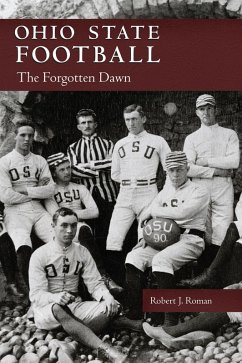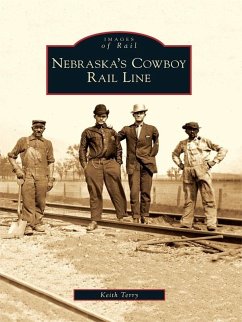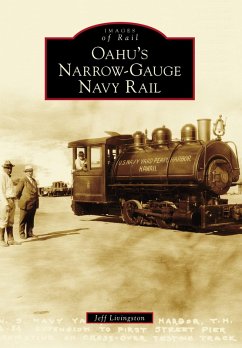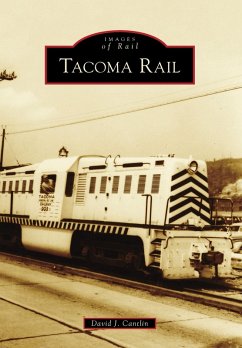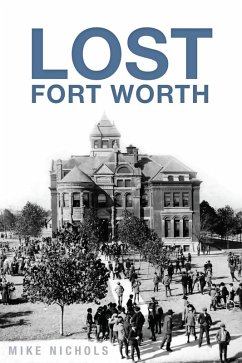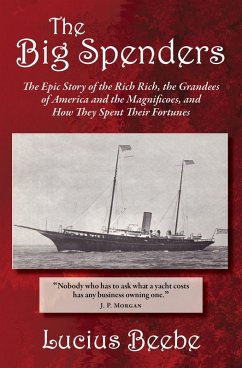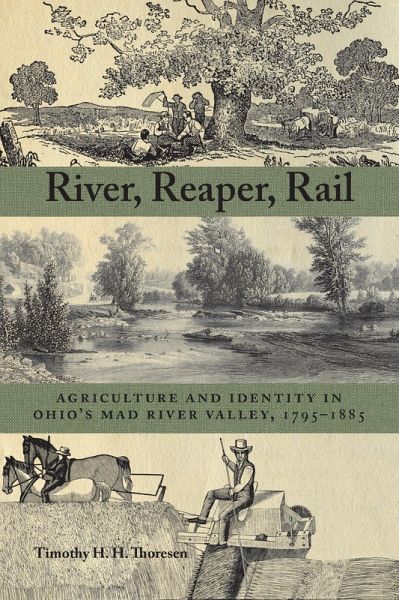
River, Reaper, Rail (eBook, ePUB)
Agriculture and Identity in Ohio's Mad River Valley, 1795-1885
Versandkostenfrei!
Sofort per Download lieferbar
61,95 €
inkl. MwSt.
Weitere Ausgaben:

PAYBACK Punkte
31 °P sammeln!
River, Reaper, Rail: Agriculture and Identity in Ohio's Mad River Valley, 1795-1885 tells the story of farmers and technology in Ohio's Champaign County and its Mad River Valley from the beginnings of white settlement in 1795 through the decades after the Civil War. This is a story of land-hungry migrants who brought a market-oriented farm ethos across the Appalachians into the Ohio Valley. There, they adapted their traditional farm practices to opportunities and big changes brought by the railroad, the mechanization of the harvesting process, and the development of state-sponsored farmer orga...
River, Reaper, Rail: Agriculture and Identity in Ohio's Mad River Valley, 1795-1885 tells the story of farmers and technology in Ohio's Champaign County and its Mad River Valley from the beginnings of white settlement in 1795 through the decades after the Civil War. This is a story of land-hungry migrants who brought a market-oriented farm ethos across the Appalachians into the Ohio Valley. There, they adapted their traditional farm practices to opportunities and big changes brought by the railroad, the mechanization of the harvesting process, and the development of state-sponsored farmer organizations. For a few decades in the middle of the nineteenth century, this part of America's heartland was the center of the nation geographically, agriculturally, and industrially. With the coming of the Civil War and the nation's further industrialization and westward expansion, the representative centrality of west central Ohio diminished. But the shared conviction that "e;we are an agricultural people"e; did not. This book presents their embrace of that view as a process of innovation, adjustment, challenge, and conservative acceptance spanning two or three generations.
Dieser Download kann aus rechtlichen Gründen nur mit Rechnungsadresse in A, B, BG, CY, CZ, D, DK, EW, E, FIN, F, GR, HR, H, IRL, I, LT, L, LR, M, NL, PL, P, R, S, SLO, SK ausgeliefert werden.




